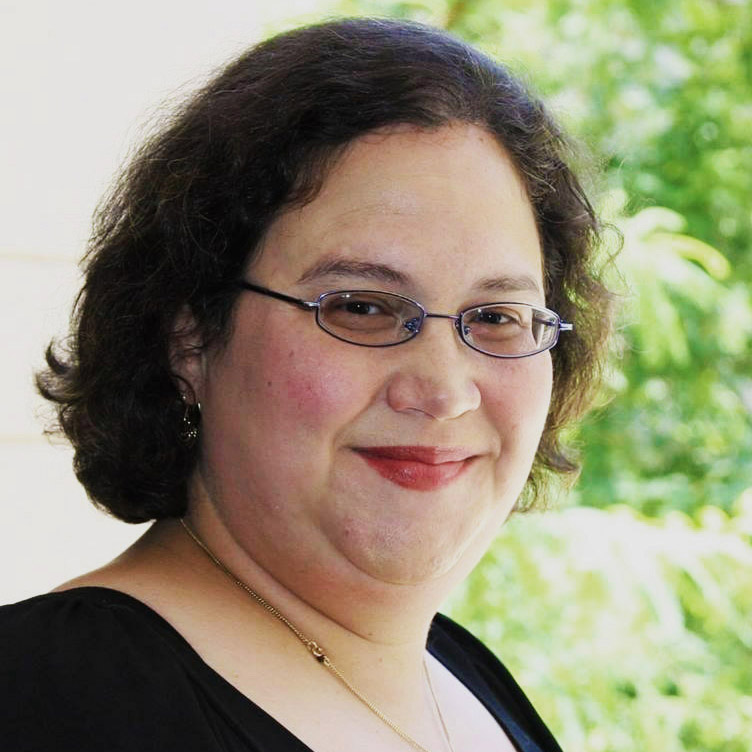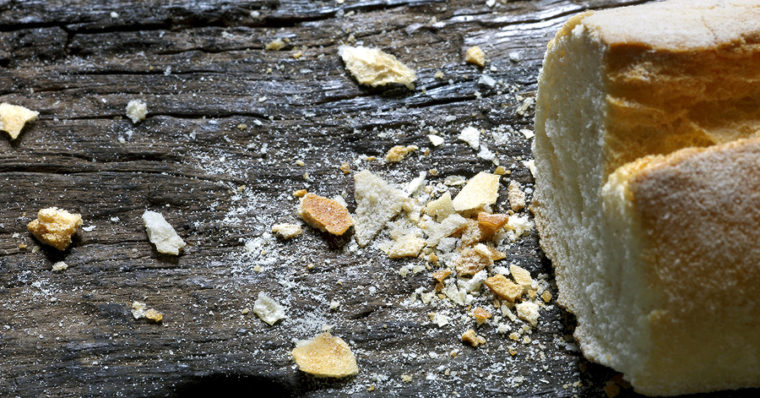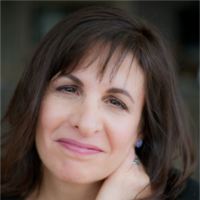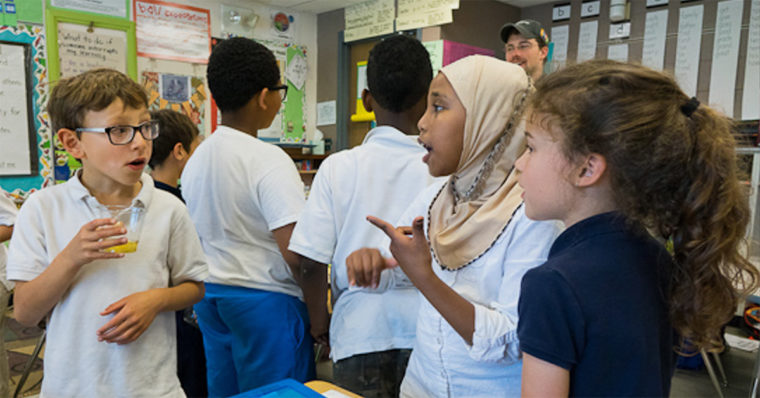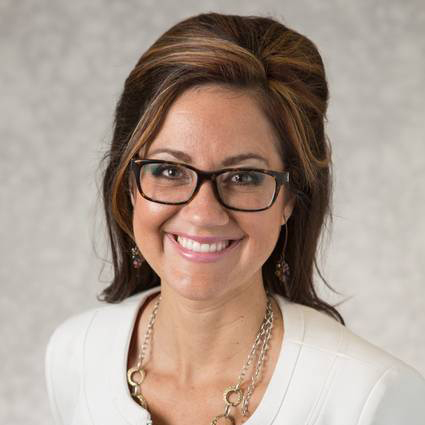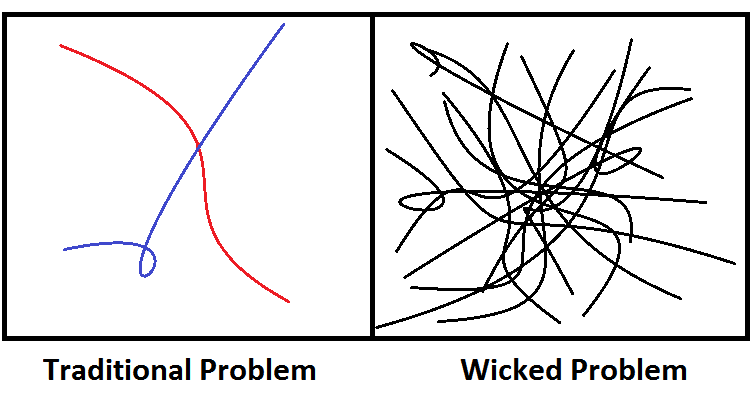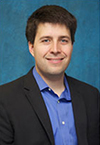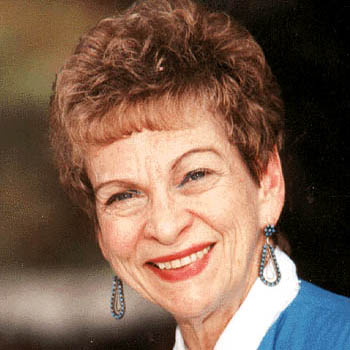
Listen for our “You Tell Me!” questions and for some jokes in one of our concluding segments, called “Philosophunnies.” Reach out to us on Facebook @PhilosophyBakesBread and on Twitter @PhilosophyBB; email us at philosophybakesbread@gmail.com; or call and record a voicemail that we play on the show, at 859.257.1849. Philosophy Bakes Bread is a production of the Society of Philosophers in America (SOPHIA). Check us out online at PhilosophyBakesBread.com and check out SOPHIA at PhilosophersInAmerica.com.
(58 mins)
Click here for a list of all the episodes of Philosophy Bakes Bread.
Subscribe to the podcast!
We’re on iTunes and Google Play, and we’ve got a regular RSS feed too!
Notes
- Aldus Huxley, A Brave New World (New York: Harper Perennial, 2006).
- Michael Crichton, Jurassic Park (New York: Ballantine Books, 2012); especially famous from the movie: Jurassic Park [movie].
- Harper Lee, To Kill a Mockingbird (New York: Grand Central Publishing, 1988).
- William Golding, Lord of the Flies (New York: Penguin Books, 2003).
- Thomas Hobbes, Leviathan (New York: Penguin Classics, 1982).
- Data
, the android character on Star Trek: The Next Generation.
- N. H. Kleinbaum, Dead Poets Society (New York: Kingswell, 2006); especially famous from the movie: Dead Poets Society [movie].
You Tell Me!
For our future “You Tell Me!” segments, Dr. Kegley and Dr. Manninen each proposed excellent questions on the show. We’d love to know what you think about them! They are as follows:
- “What legacy do you want to hand on to your children?”
- “The very last time you close your eyes in this world, are you going to be happy with the human being you were?”
What do you think?
Let us know! Twitter, Facebook, Email, or by commenting here below!


